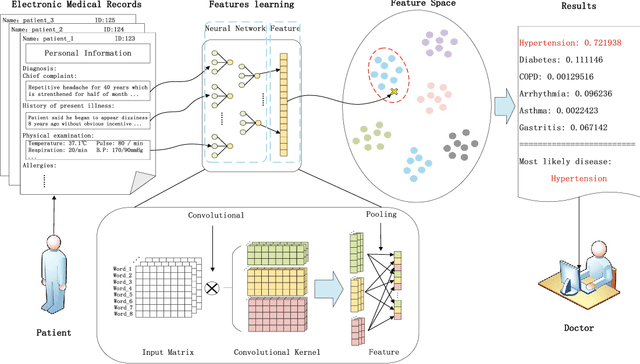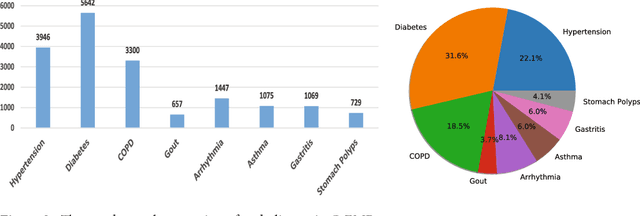Pengcheng Luo
OR-LLM-Agent: Automating Modeling and Solving of Operations Research Optimization Problem with Reasoning Large Language Model
Mar 13, 2025Abstract:Operations Research (OR) has been widely applied in various fields such as resource allocation, production planning, and supply chain management. However, addressing real-world OR problems requires OR experts to perform mathematical modeling and programmers to develop solution algorithms. This traditional method, heavily reliant on experts, is costly and has long development cycles, severely limiting the widespread adoption of OR techniques. Few have considered using Artificial Intelligence (AI) to replace professionals to achieve fully automated solutions for OR problems. We propose OR-LLM-Agent, the first AI agent that enables end-to-end automation for solving real-world OR problems. OR-LLM-Agent leverages the Chain-of-Thought (CoT) reasoning capabilities of Large Language Models (LLMs) to translate natural language problem descriptions into formal mathematical models and automatically generate Gurobi solver code. In OR-LLM-Agent, OR-CodeAgent is designed to automate code execution and repair within a sandbox environment, facilitating the derivation of the final solution. Due to the lack of dedicated benchmark datasets for evaluating the automated solving of OR problems, we construct a benchmark dataset comprising 83 real-world OR problems described in natural language. We conduct comparative experiments with state-of-the-art (SOTA) reasoning LLMs, including GPT-o3-mini, DeepSeek-R1, and Gemini 2.0 Flash Thinking. The OR-LLM-Agent achieved the highest pass rate of 100% and the highest solution accuracy of 85%, demonstrating the feasibility of automated OR problem-solving. Data and code have been publicly available at https://github.com/bwz96sco/or_llm_agent.
Outcome-Constrained Large Language Models for Countering Hate Speech
Mar 25, 2024Abstract:Counterspeech that challenges or responds to hate speech has been seen as an alternative to mitigate the negative impact of hate speech and foster productive online communications. Research endeavors have been directed to using language models for the automatic generation of counterspeech to assist efforts in combating online hate. Existing research focuses on the generation of counterspeech with certain linguistic attributes, such as being polite, informative, and intent-driven. However, it remains unclear what impact the counterspeech might have in an online environment. We first explore methods that utilize large language models (LLM) to generate counterspeech constrained by potential conversation outcomes. We build two conversation outcome classifiers that predict the incivility level and the hater reentry behavior following replies to hate with Reddit data, then propose four methods to incorporate the desired outcomes, i.e., low conversation incivility and non-hateful hater reentry, into the text generation process, including Prompt with Instructions, Prompt and Select, LLM finetune, and LLM transformer reinforcement learning (TRL). Evaluation results show effective strategies to generate outcome-constrained counterspeech and the linguistic characteristics of texts generated by different methods.
Clinical Assistant Diagnosis for Electronic Medical Record Based on Convolutional Neural Network
Apr 23, 2018



Abstract:Automatically extracting useful information from electronic medical records along with conducting disease diagnoses is a promising task for both clinical decision support(CDS) and neural language processing(NLP). Most of the existing systems are based on artificially constructed knowledge bases, and then auxiliary diagnosis is done by rule matching. In this study, we present a clinical intelligent decision approach based on Convolutional Neural Networks(CNN), which can automatically extract high-level semantic information of electronic medical records and then perform automatic diagnosis without artificial construction of rules or knowledge bases. We use collected 18,590 copies of the real-world clinical electronic medical records to train and test the proposed model. Experimental results show that the proposed model can achieve 98.67\% accuracy and 96.02\% recall, which strongly supports that using convolutional neural network to automatically learn high-level semantic features of electronic medical records and then conduct assist diagnosis is feasible and effective.
 Add to Chrome
Add to Chrome Add to Firefox
Add to Firefox Add to Edge
Add to Edge